Clean Water Plus Sanitation
- Home
- Clean Water Plus Sanitation
Safe drinking water, sanitation, and hygiene are crucial to human health and well-being. Safe WASH is a prerequisite to health, contributes to livelihoods, school attendance, and dignity, and helps create resilient communities living in healthy environments. Drinking unsafe water impairs health through illnesses such as diarrhea, and untreated excreta contaminates groundwater and surface waters used for drinking water, irrigation, bathing, and household purposes. Chemical contamination of water poses a health burden, whether natural in origins such as arsenic and fluoride or anthropogenic such as nitrate. Safe and sufficient WASH plays a crucial role in preventing numerous NTDs such as trachoma, soil-transmitted helminths, and schistosomiasis. Diarrhoeal deaths resulting from inadequate WASH were reduced by half during the Millennium Development Goal (MDG) period (1990–2015), with the significant progress on water and sanitation provision playing a pivotal role. Evidence suggests that improving service levels towards safely managed drinking water or sanitation such as regulated piped water or connections to sewers with wastewater treatment can dramatically improve health by reducing diarrhoeal disease deaths.
The measures taken by UNICEF:
Empowering likenesses:
UNICEF promotes community-based handwashing through various media and through campaigns like Global Handwashing Day, which reaches hundreds of millions of people every year. Our people-based approach has helped entire communities eliminate the dangerous practice of open defecation, many of whom went Open Defecation Free status in 2019.
Humanitarian Action
A significant amount of our work occurs in fragile and emergency settings to help prepare for and respond to humanitarian emergencies. This includes transporting water, ensuring it is purified, and constructing toilets in refugee camps and transit centers. We work to produce water and sanitation facilities that outlast the emergency while providing clear leadership and accountability in humanitarian response.
Responding to COVID-19
In keeping with our Core Commitments for Children, UNICEF has mobilized teams and resources in a global response to the COVID-19 pandemic. We procure supplies for infection prevention and control and work closely with governments to guide communities, healthcare providers, and education practitioners.

Increasing Focus on Sustainability:
We are committed to making all WASH programs sustainable and adaptive to climate change by the end of 2021. In addition to supporting child-inclusive programs, in 2019, UNICEF constructed and rehabilitated over 1,000 solar-powered water systems to address increasing water scarcity.
